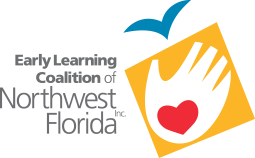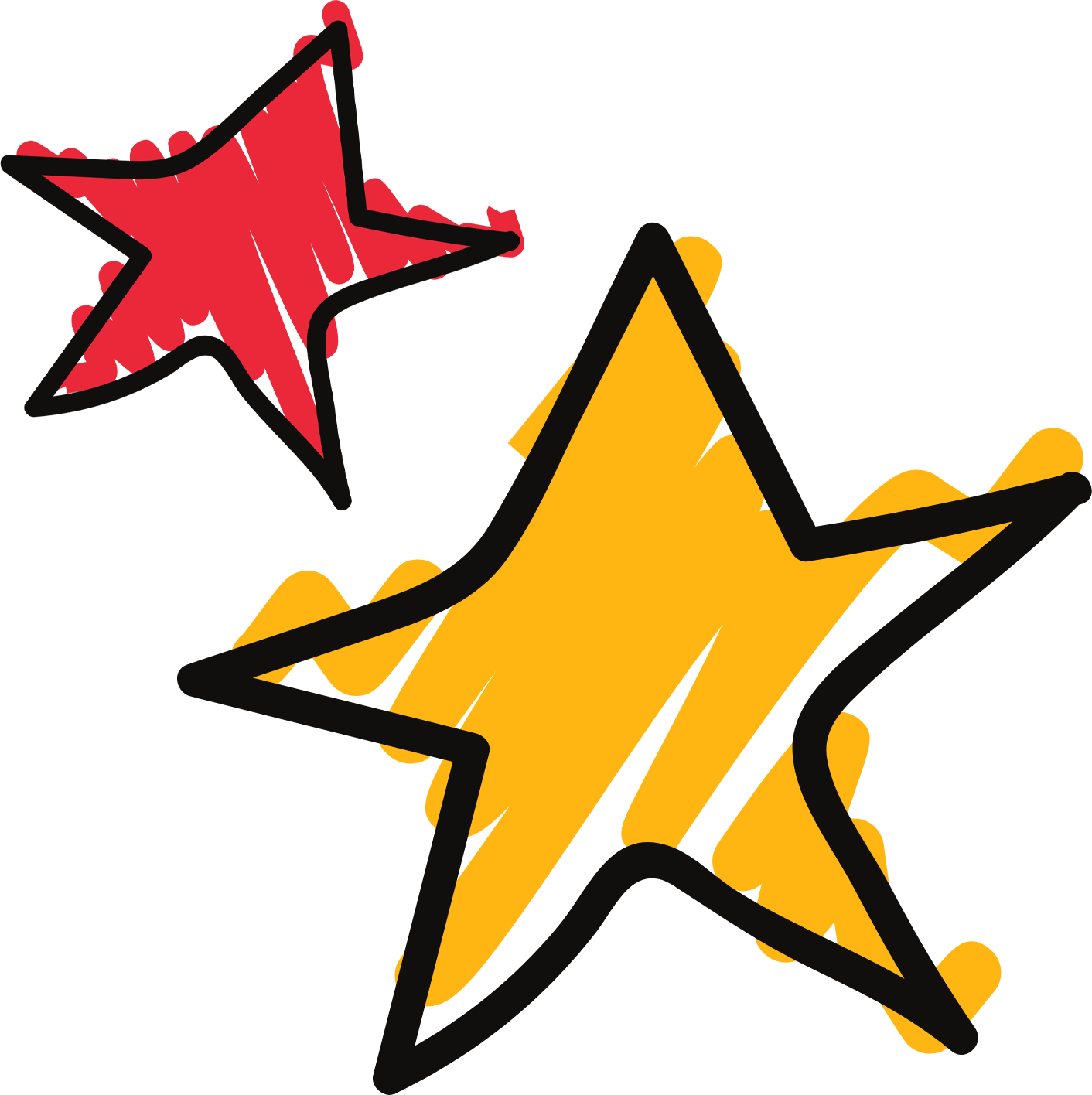October 30, 2025
Spooky Sensory Play & At-Home Halloween Fun!
Fall is in full swing, and Halloween is just around the corner! We’re celebrating with some spooky (but not too scary!) sensory…
October 15, 2025
A Heart for Helping: Angela Glass Reflects on Two Decades with the Early Learning Coalition of Northwest Florida
For more than twenty years, Angela Glass has been a familiar and friendly face at the Early Learning Coalition of Northwest Florida…
October 2, 2025
Don’t Turn Over Their Duck
How One Moment Shaped a Lifetime of Compassionate Teaching As a young military child attending school in the Philippines, Jeanne Hitchcock had…
September 19, 2025
Celebrating 20 Years with ELCNWF and 39 Years in Early Childhood Education: Donna’s Story
By Jessie Buchanan, Help Me Grow Specialist As the Early Learning Coalition of Northwest Florida (ELCNWF) celebrates our 20th anniversary, we want…
July 31, 2025
Back-to-School Fuel: Healthy Lunch Ideas
As students head back to school, one of the most important things parents can do is pack a lunch that fuels both…
July 21, 2025
Celebrate National Picnic Month—Indoors!
July is National Picnic Month, and here at the Early Learning Coalition of Northwest Florida, we love any opportunity to create joyful,…
June 30, 2025
Sparklers & Stars: 4th of July Learning Fun for Little Patriots
ELCee knows the 4th of July is more than just fireworks, hot dogs, and staying up past bedtime. It’s a joyful opportunity…
June 25, 2025
Encouraging Curiosity: Nurturing Young Learners Through Summer Exploration
As the days grow longer and the pace of life slows down, summer offers a golden opportunity to nurture one of the…
June 20, 2025
After Father’s Day: Making the Most of Your Gifts & Moments with Your Little Ones
Father’s Day is a time to celebrate the love, laughter, and life lessons that dads and father figures bring into their children’s…
June 10, 2025
The Importance of Florida VPK/La Importancia del VPK en Florida
The Importance of Florida VPK: Giving Children a Strong Start Early childhood education lays the foundation for lifelong learning, and Florida’s Voluntary…


